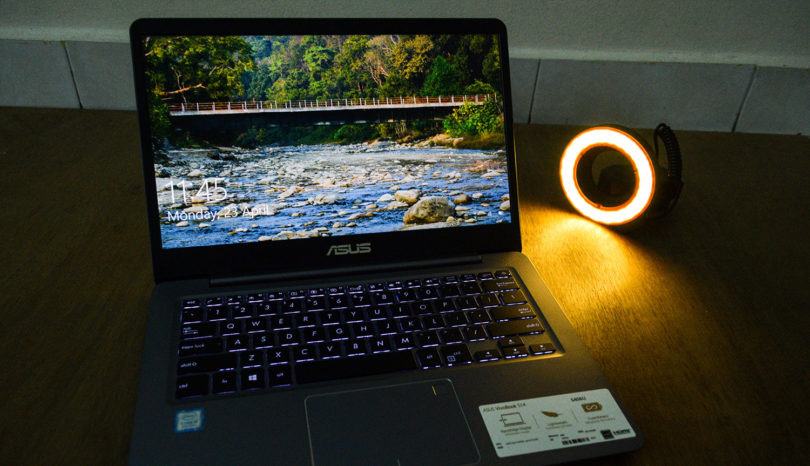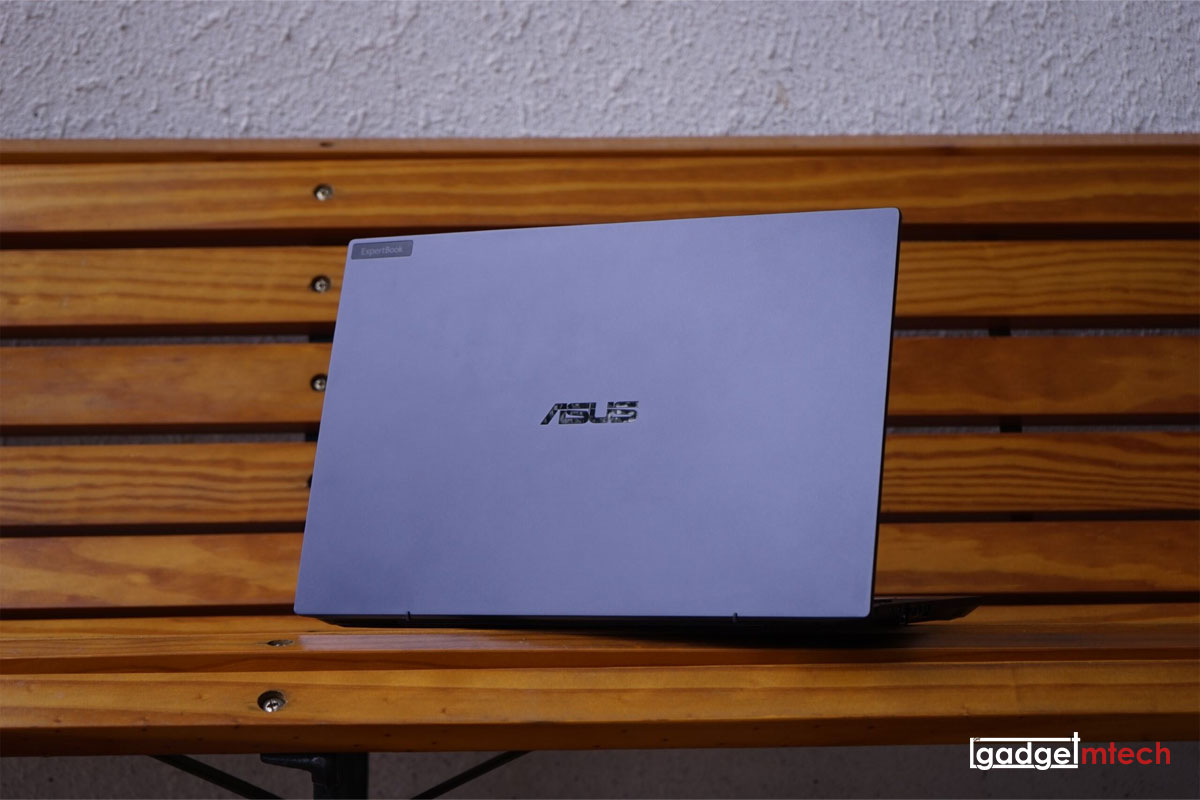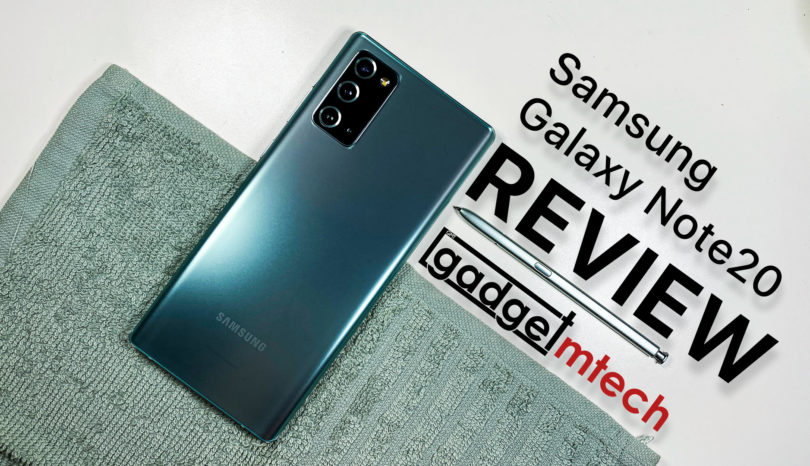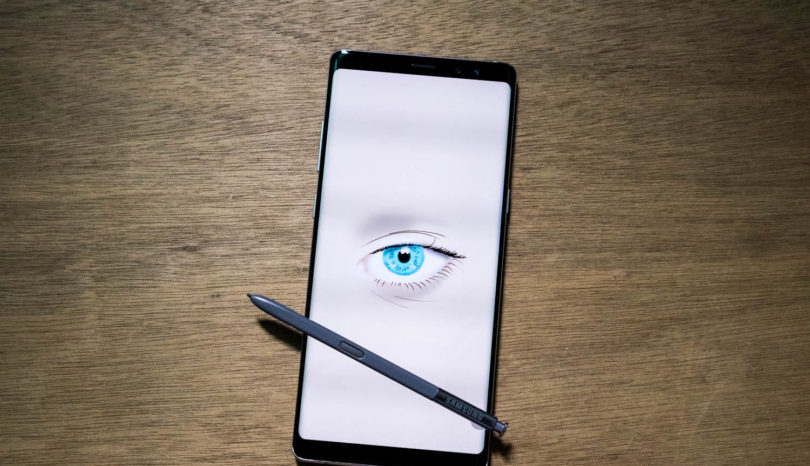Introduction
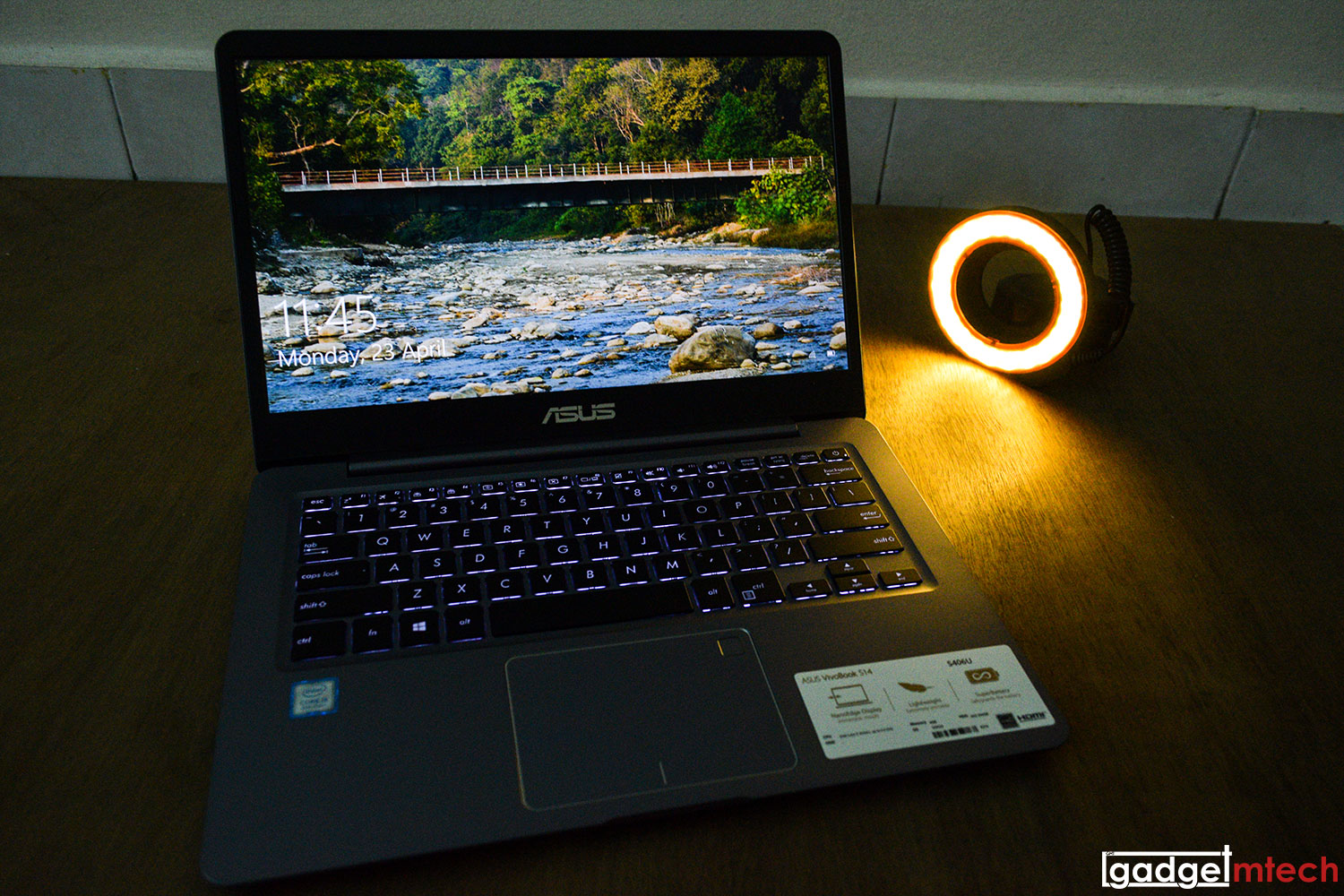
This is the ASUS VivoBook S14, an even more affordable ultrabook by the Taiwanese manufacturer. If you have read the VivoBook S15 review, you’ll know that I really like it a lot. The VivoBook S14 is literally a smaller version of the S15 without a dedicated graphics card. So, is this an ultrabook you’ve been looking for? Check out our full review here!
Same Design, but Smaller
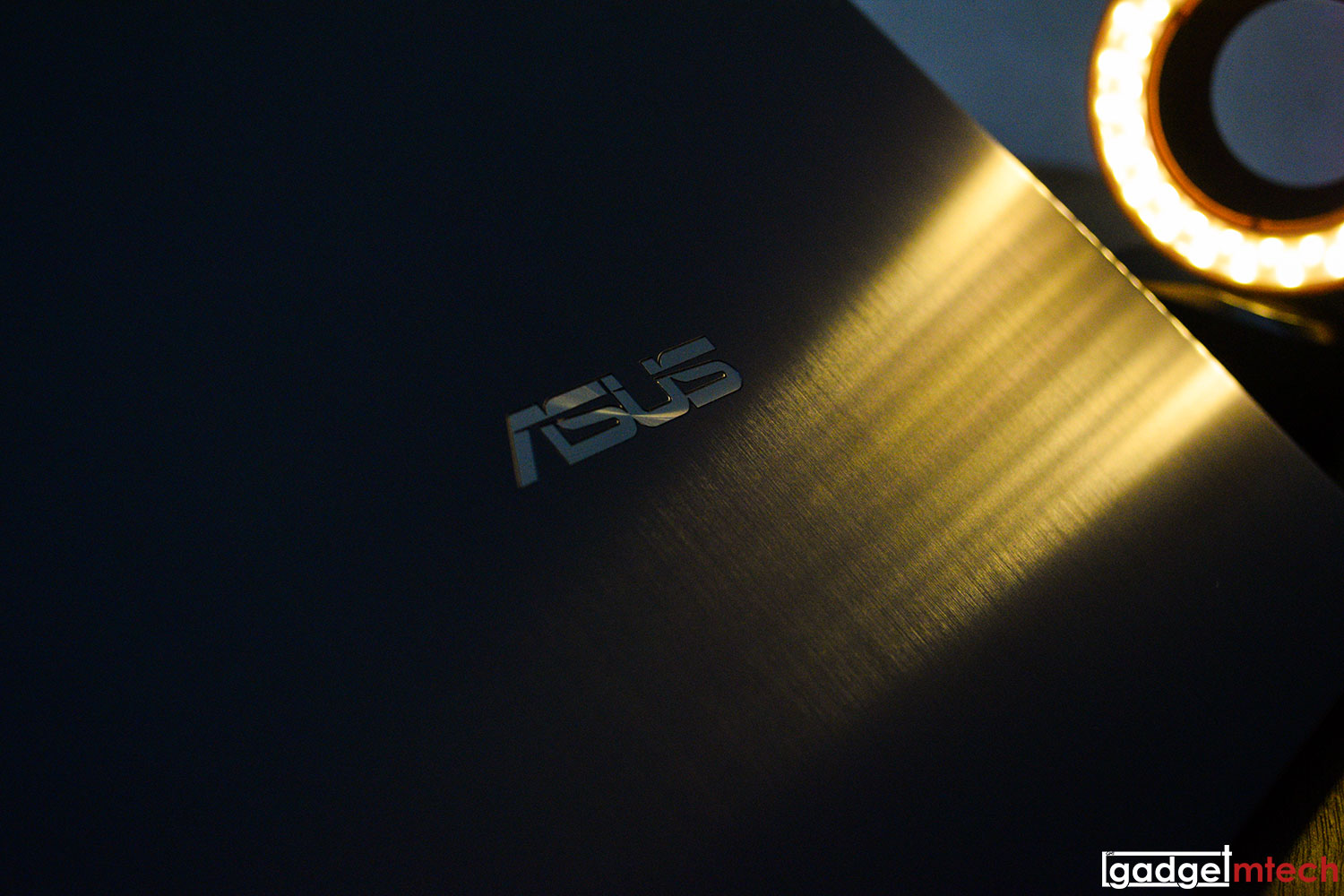
Let us skip the unboxing section since the content in the box is almost the same. Same goes for the design, the VivoBook S14 has a silvery brushed aluminum design on its lid cover, which is still made of plastic.
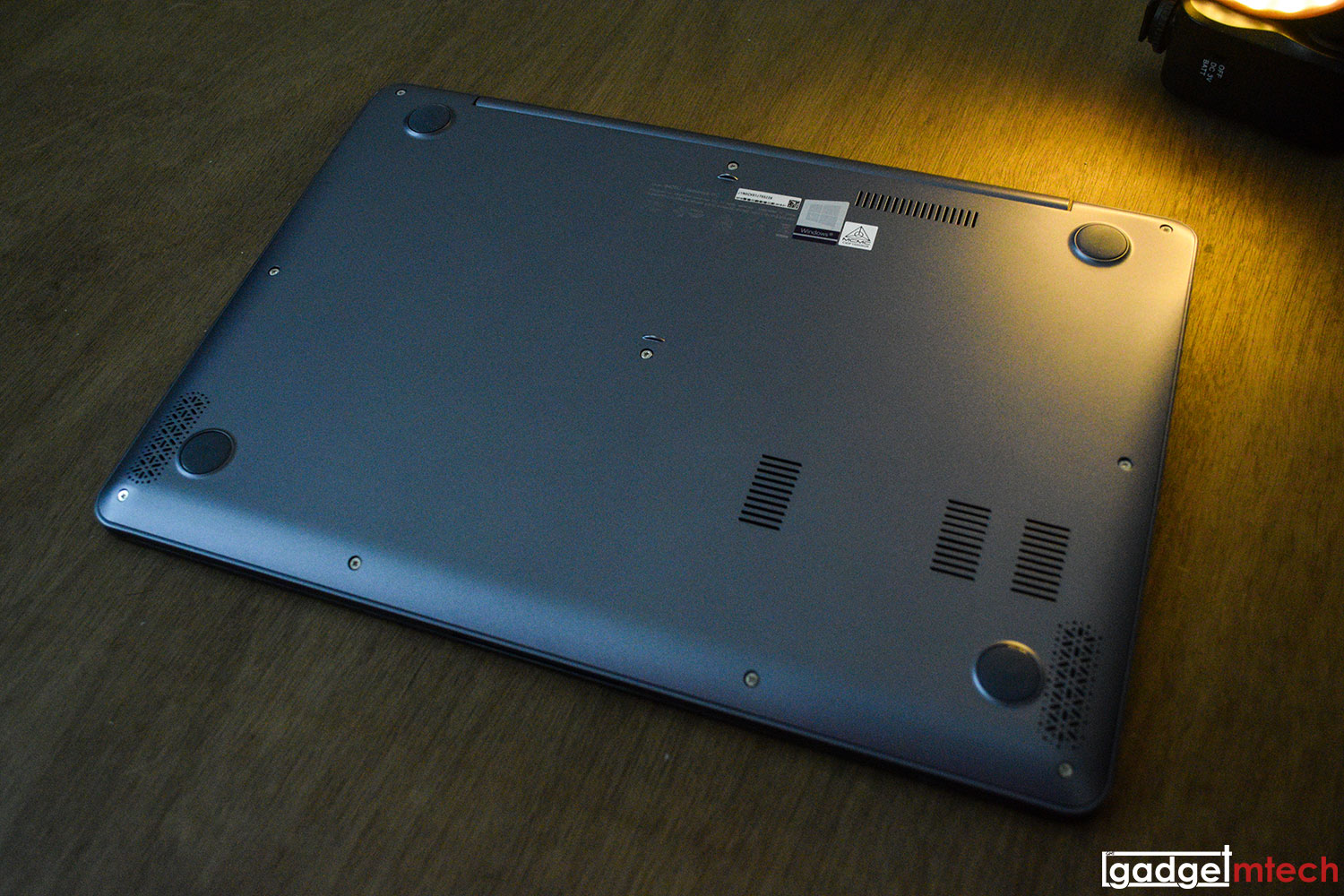
The laptop is even thinner measuring at 14.8mm, and lighter as well weighing at 1.2kg. The chassis still has a minimum of flexing thanks to some reinforcement at the bottom.
In terms of I/O ports, it has the charging port, a USB 3.0 Type-A port, a Micro HDMI port, a USB 3.0 Type-C port, and the light indicators for power and battery charging status. The right side of the laptop houses another USB 3.0 Type-A port, a 3.5mm audio jack, and a MicroSD card slot. Now here’s a thing, I do really hope that it has a full-sized SD card slot since most photographers tend to use SD cards to store photos taken with their cameras.
Overall, the design of the VivoBook S14 is quite similar to the S15. However, there are certain things have been compromised due to the lack of space and increasing cost.
14″ NanoEdge Display
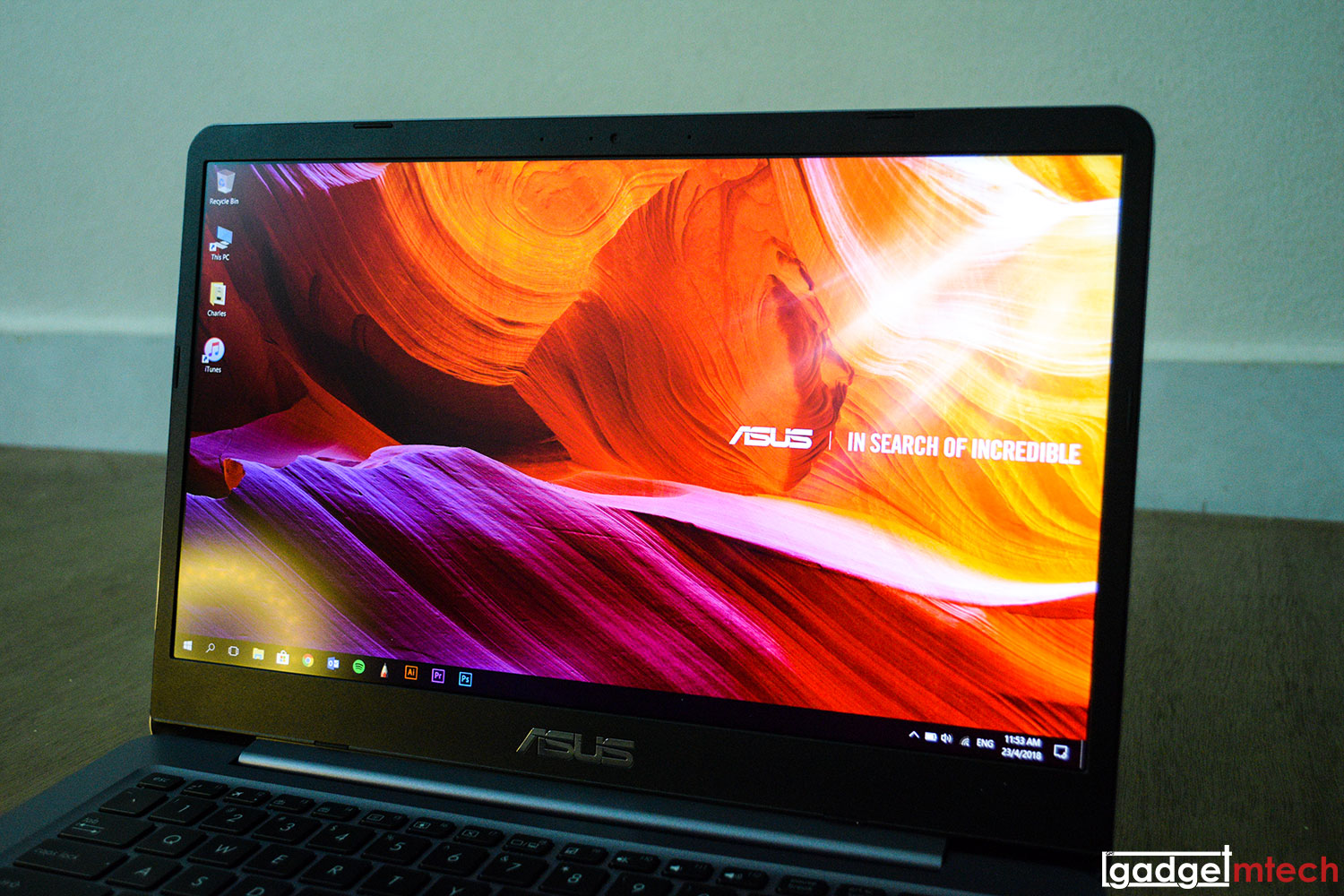
Like the VivoBook S15, the S14 sports a NanoEdge display, but the screen size has been shrunk down to 14-inch. It has a Full HD LED backlit 60Hz anti-glare panel with 45% NTSC. The display shows good colors, though color accuracy isn’t high.
Same Keyboard and Trackpad
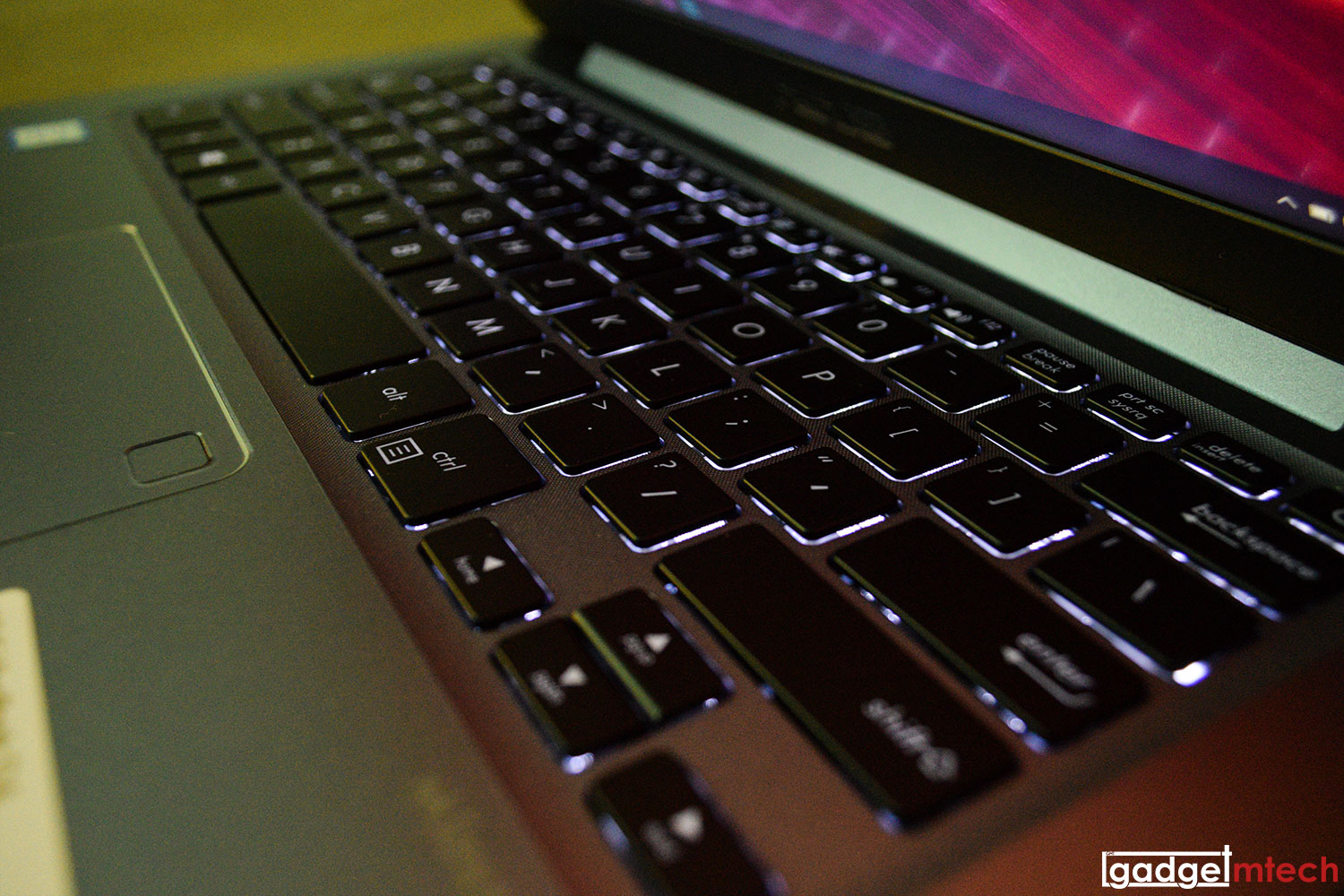
The backlit keyboard has a nice tactile feedback, but once again the arrow keys are a little bit small. When I first started to use the laptop, I wasn’t used to its keyboard key travel, most of the time I missed the space bar because I wasn’t pressing it hard enough for it to be registered. Additionally, I found that most of the time when I’m typing fast the internal of the laptop will produce sound due to the internal vibration. Not really a big problem, though.
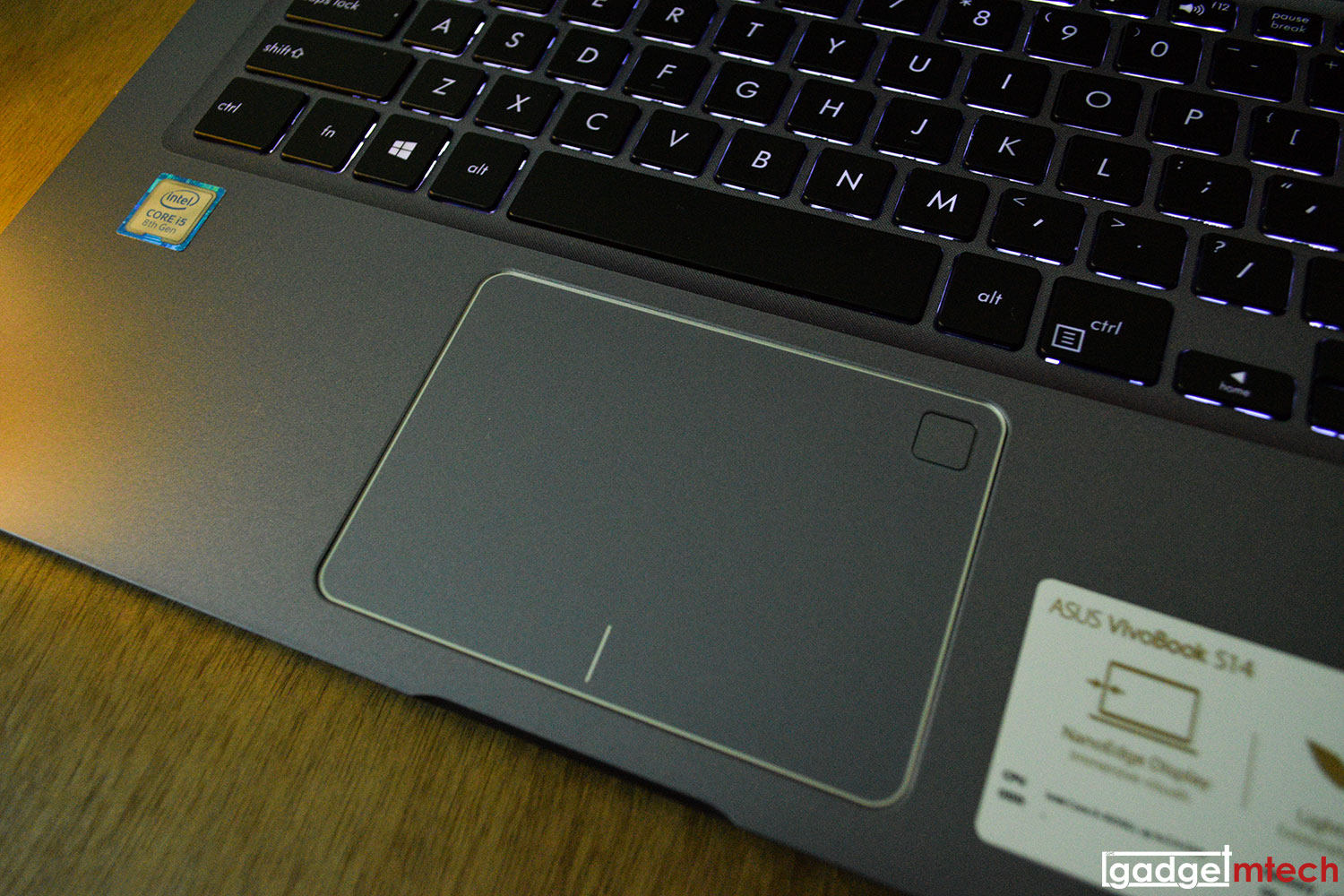
The trackpad uses Windows precision drive, which is pretty accurate and responsive. The Windows Hello fingerprint sensor is still located on the top-right corner of the trackpad, not really a fan of it but didn’t really affect me, to be honest.
8th Gen Intel i5 Processor
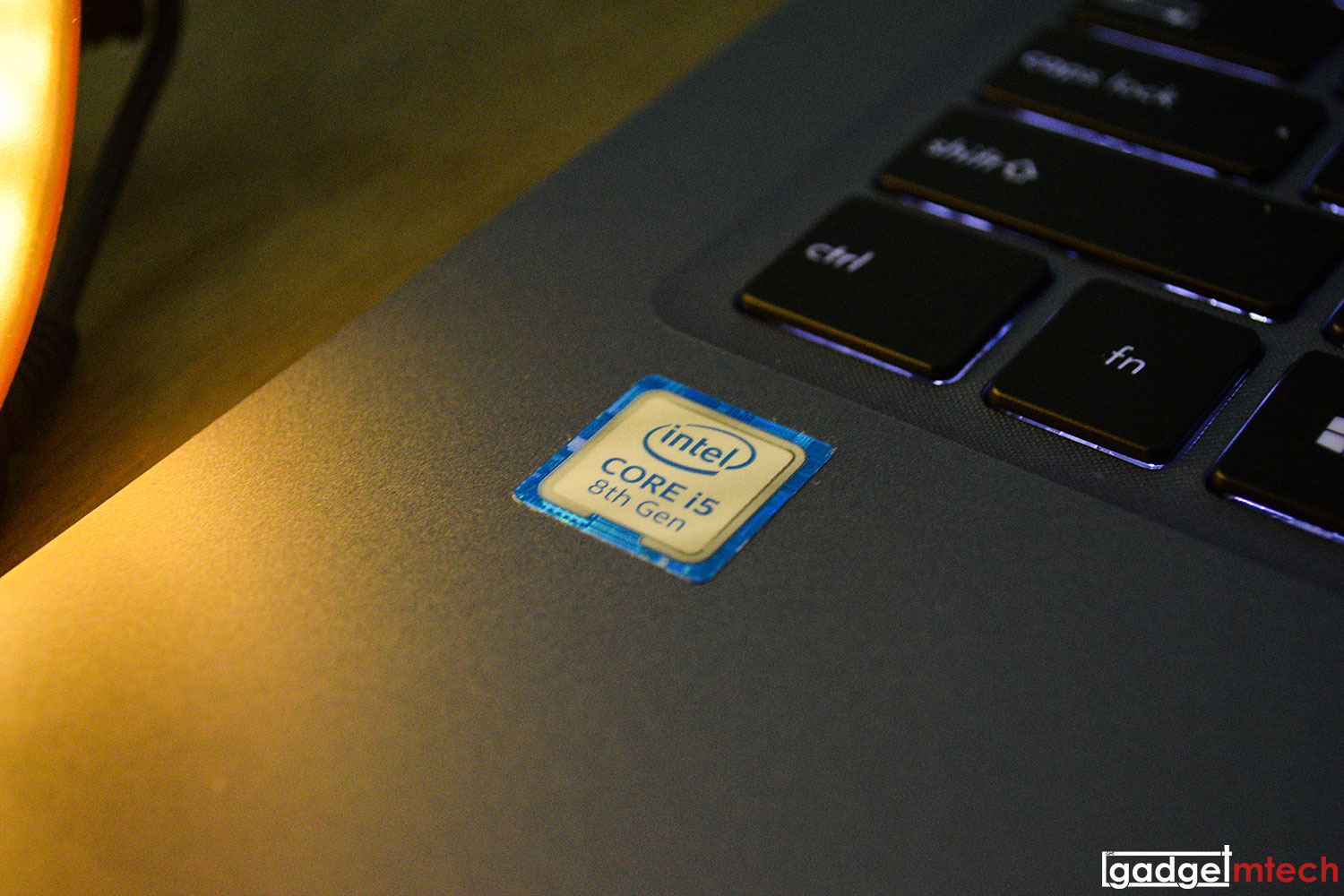
The S14 packs the 8th Gen Intel Core i5-8250U CPU with 4GB RAM and 256GB SATA3 SSD. Like I mentioned at the beginning of this review, the laptop doesn’t have a dedicated graphics card. Since it doesn’t have a dedicated graphics card, don’t expect it to have a good performance in triple-A title games. I did try to render a 1 hour 15 minutes worth of photo slides video in 1080p resolution using Adobe Premiere Pro. It took me about 6 hours to render the whole video with the charger connected.
Yet again, my main complaint about this laptop is the amount of RAM coming out of the box. 4GB RAM isn’t really enough, especially when you open Chrome with around 7 tabs, the older tabs will reload once you click back. Let’s not talk about opening other software like Adobe Photoshop and Adobe Illustrator together. If you are buying this laptop, you know what to do with the RAM.
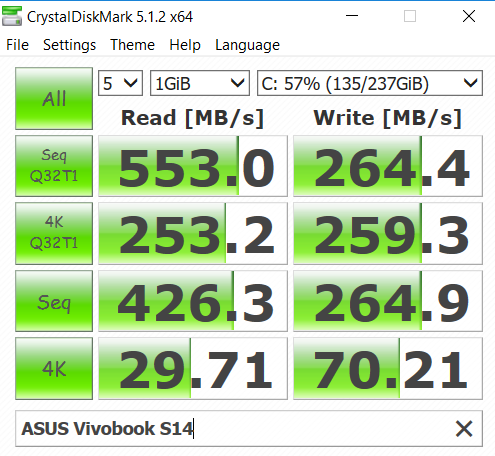
Unlike the VivoBook S15, it only has a 256GB SATA3 SSD, that’s all you get. You should be able to upgrade the SSD, but it’ll cost you more at a price that is nearly a VivoBook S15. 256GB is definitely not enough for me, most of the time I find myself transferring the files to my external hard drive. The 256GB SATA3 SSD has a good read speed and average write speed, by the way.
Windows 10 & Battery Life
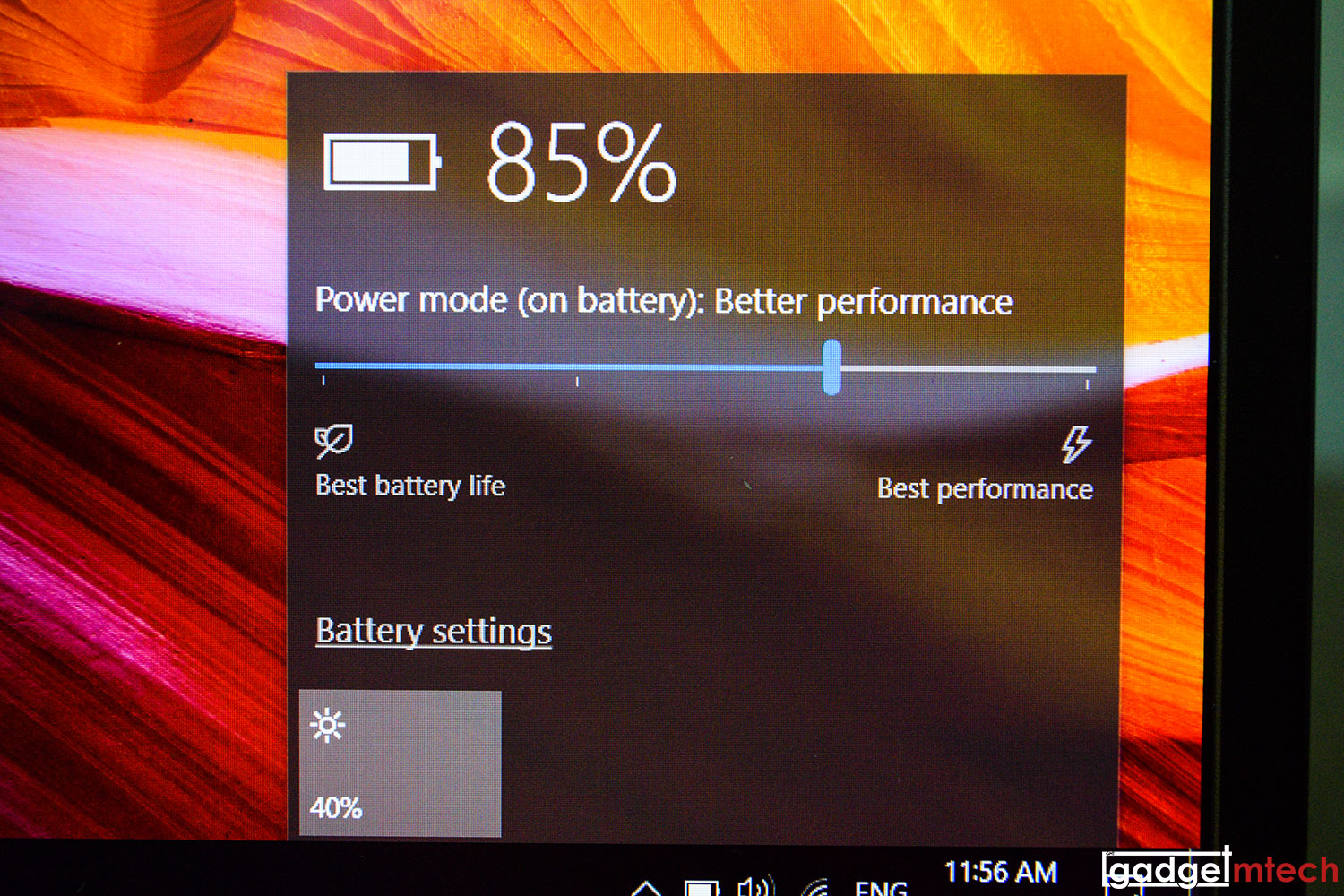
The laptop runs on Windows 10 with a fair amount of bloatware and some in-house software too. In terms of battery life, I was able to get around 6 hours of battery life with casual usage like browsing the web and watching videos.
Final Words
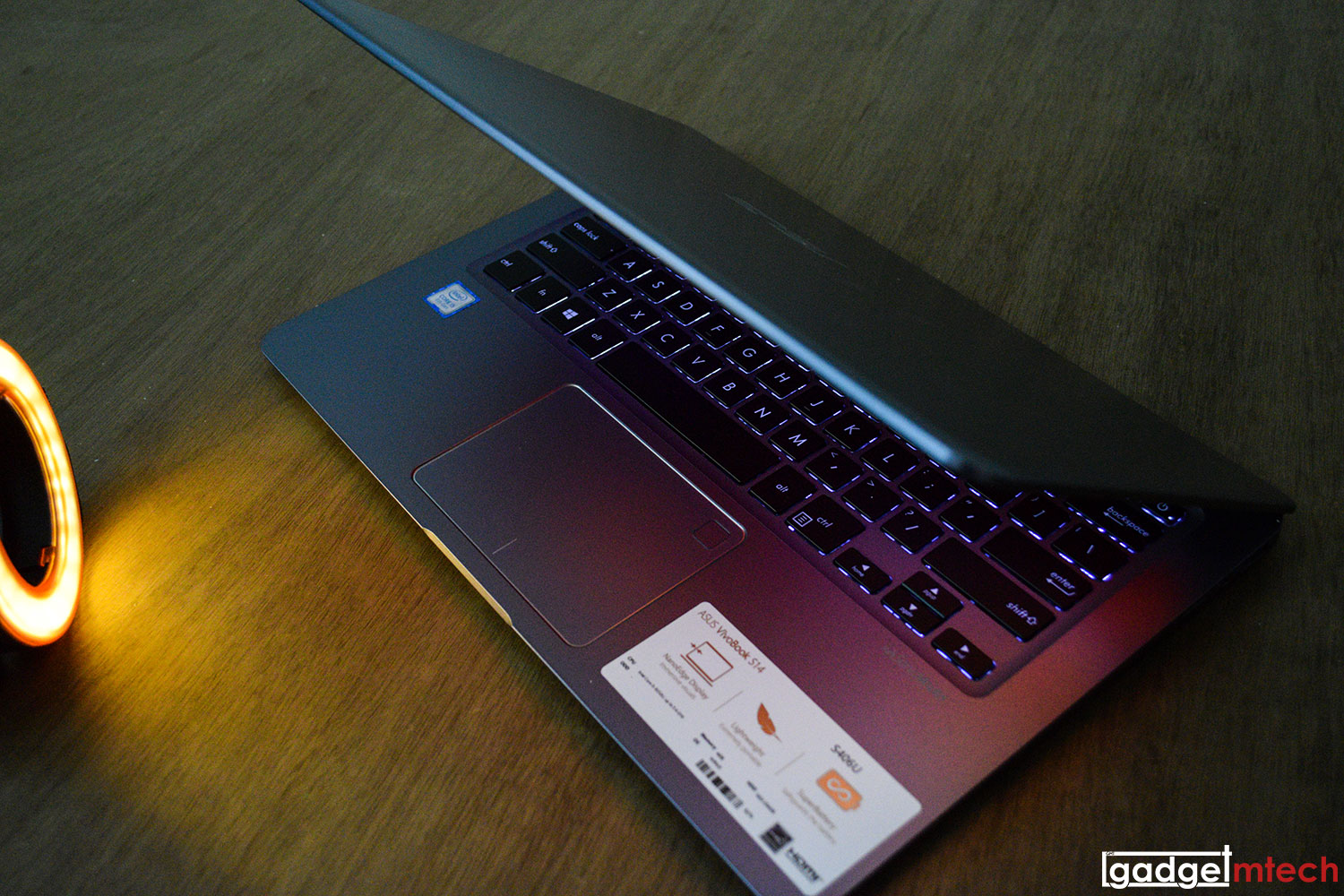
Retailing at RM3,399 for the Intel i5 + 256GB SSD model and RM2,799 for the Intel i3 + 128GB SSD model, the ASUS VivoBook S14 is definitely a good laptop for uni students, vloggers, bloggers, and those who don’t mainly use heavy-loaded software. It is capable of running Adobe Photoshop with some minor hiccups here and there, you can also use it to edit videos too. So, if you want a laptop you can bring anywhere and work on-the-go, this is the laptop you should get.
Yay
- Thin and lightweight
- Capable of running certain heavy-loaded software
- Affordable
Nay
- Fingerprint scanner on the trackpad
- Only 4GB RAM
- Only 256GB storage

